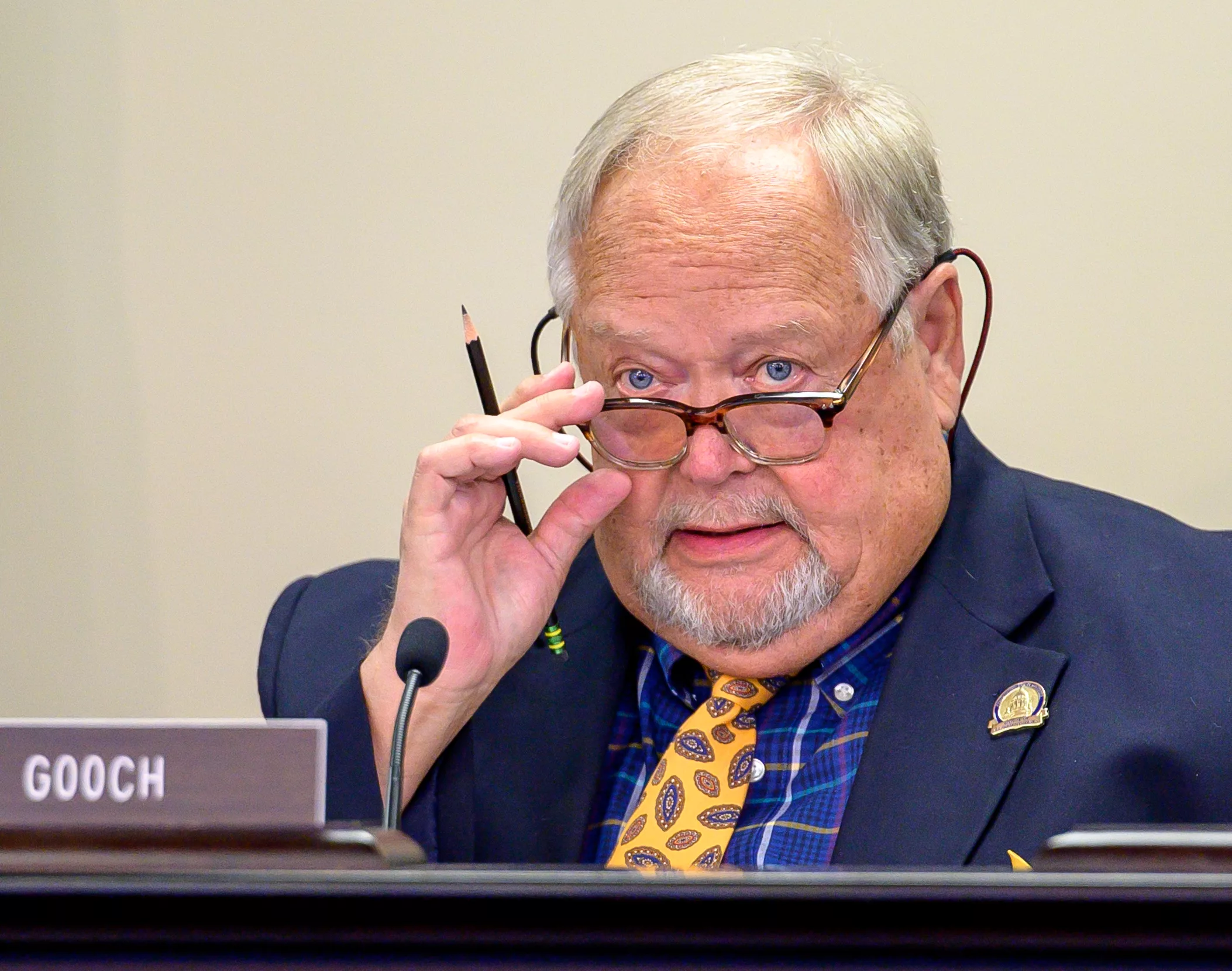Questions abound from legislators during energy-related meeting

by Nancy Royden, Legislative Research Commission Public Information Office
FRANKFORT — Questions abounded on Thursday from legislators on the Interim Joint Committee on Natural Resources and Energy as a representative from one of Kentucky’s power grid operators offered predictions about the future of energy in the commonwealth.
Asim Z. Haque serves as vice president of state and member services for the Pennsylvania-based PJM Interconnection. The organization coordinates the electrical transmission grid for parts or all of 13 states, including about half of Kentucky.
Haque said East Kentucky Power Cooperative, Duke Energy Kentucky and Kentucky Power all operate within the PJM’s footprint. His organization’s primary focus is making sure that power is generated and transmitted reliably, while also maintaining affordability for consumers, he testified.
However, Haque expressed concerns that the energy supply will not keep pace with growing demand over the next decade as operators retire more power generating units. He said new types of energy production – such as solar and wind – are not making up for the retirements.

“Later on into this decade, we are concerned about a supply crunch – concerned about resources leaving the system too quickly and new resources not finding their way onto the system at a rate to replace those resources leaving the system,” he said.
Haque explained that energy resources offer different degrees of reliability, and that thermal resources – nuclear, coal and gas – provide a certain amount of essential reliability to the power grid.
Several lawmakers expressed apprehension about the trends and asked about the risk of rising costs and future blackouts, especially as electric vehicles and other types of equipment create more demand for power.
Rep. Jim Gooch Jr., R-Providence, and a committee co-chair, said he’s concerned about replacement of efficient power sources with those that aren’t as productive. He said 700 megawatts generated from wind and solar does not equate to 700 megawatts from fossil fuels because wind and solar are not always available.
“That’s one of the problems I’ve been trying to convey – that it’s not the same,” he said.
Haque agreed that there’s a difference between varying types of resources and said certain resources can’t be replaced without affecting reliability.
“One message to convey is, you can’t simply shut down all thermal resources and replace them with non-thermal resources because those thermal resources provide, again, essential reliability services,” Haque said.
Rep. John Blanton, R-Salyersville, said some states have been reckless in their efforts to close fossil fuel power plants and asked if shortages in other states will cause energy to be rationed in Kentucky to keep the lights on elsewhere.

“These policies are destroying our grid …every time they shut down one of these fossil fuel plants,” he said. “Those of us who are awakened and see through the smog, we understand that it is an attempt to shut down all of our fossil fuels that provide the most reliable, cheapest form of energy.”
Haque said PJM tries to educate policy makers to create reliability “safety valves.” If removing a unit will create challenges, the organization can ask units to remain operable until additional infrastructure is ready. He also encouraged states to remain “open for business” as operators look to expand renewables.
One issue, according to Sen. Robin L. Webb, D-Grayson, is which communities and demographics in Kentucky might be affected first in the event of an energy shortage. She asked if PJM has any models to predict who would experience the biggest impact from certain scenarios.
“I’ve got a lot of poor rural people, and I’ve got some major users like a refinery in my district,” she said.
Haque said any response to shortages would be based on the grid engineering and what’s necessary to keep the bulk of the grid viable, not on the types of customers.
Sen. Phillip Wheeler, R-Pikeville, said one of the promises made by people supporting renewables is that they are going to reduce costs, make the environment cleaner and be a benefit to consumers. He asked when consumers will see the benefits of the new resources.
“I’ve done a little bit of research, and in 2004, the average Kentucky Power customer was paying about $74 a month. Now they’re paying about $187.50, which is about a 250% increase, which I understand there’s some inflation in there, but that far outpaces inflation,” he said.
Haque said in the PJM footprint, Kentucky generally uses 50%-plus coal resources and 40%-plus natural gas resources.
“So I have not, at least in the PJM footprint, we have not seen many renewables find their way into the system, again, at least in the PJM footprint in Kentucky,” he said.
Top photo: Rep. Jim Gooch Jr., R-Providence, also committee co-chair, speaking during the meeting. (LRC PIO)
Recommended Posts
New senior center in Lexington will serve a dual purpose
Sat, November 16, 2024
East Kentucky Power Cooperative makes plans for both new and converted natural gas plants
Fri, November 15, 2024

Wise and Mills gain Senate GOP roles in Republican caucus elections
Fri, November 15, 2024